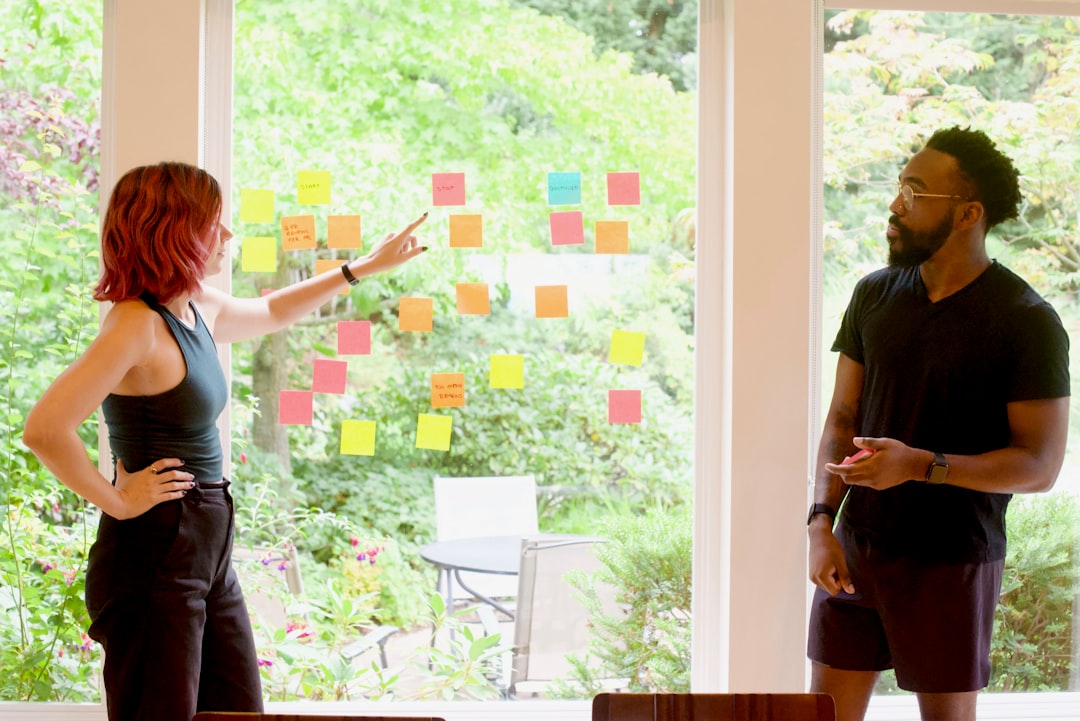An End To Method Shaming
Why the problem is always the facilitator not the tool
I often observe posts that passionately attempt to discredit one method or another. Some of the crowd’s favorites are brainstorming, dot-voting, and icebreakers. I am always surprised by how many join the shaming. In contrast, I am impressed by others who dare to stand up to the angry “mob” in defense of the tool.
Like many other aspects of facilitation, these assessments are qualitative, individual, and rooted in preference, mainly the facilitators’ own. We all have our favorite toys to play with and go a long way to defend them from being bullied by others.
No tool is in and of itself bad or good, valid or not, practical or unpractical. The art is not in the tools; they are simply means to an end; the art is how, why, and when to use them. A tool will not make us better facilitators, nor will it help the participants transform. It is simply an aid in the process that might or might not work at a particular time.
Saying brainstorming is terrible and facilitators shouldn’t use it is like telling a mechanic to throw away their wrench because it’s useless. It might be for some modern cars, but how about we crack a nut with it instead?

So many beautiful minds are out there developing methods and sharing them freely and generously. All of them are brilliant, even though I might not be working with each of them because they don’t make sense for my approach to facilitation. That doesn’t stop me from drawing inspiration; maybe that is precisely why I wouldn’t use them,
Here are a few thoughts to consider before you go on to join the shaming of a tool:
Just because we don’t like it doesn’t make the technique terrible or useless. It simply indicates our facilitation preferences.
Methods are original ideas and concepts that unfold their potential from adaptation and tailoring. Maybe we don’t like it because we stick too much to the script.
Experienced facilitators underestimate their influence. Many young facilitators come into the field looking for guidance and discrediting methods can prime them not to try and experiment.
All methods are multi-purpose tools. Often, our limitation of their purpose to their original intent is the reason for our dislike.
Having bad experiences with methods should lead to learning experiences and be used to provide information about the group rather than generalizations.
As facilitators, we ask our participants to suspend judgment, keep an open mind, think creatively, and think outside the proverbial box. Shouldn’t we also practice what we preach and apply these principles to our work? If so, where does the bashing of tools and methods fit in?
Simple conclusion: If you don’t like it, don’t use it, but no need to ruin it for everyone else.


This post reminds me of what Dylan Wiliam has said about education,
"In education, everything works somewhere and nothing works everywhere. The interesting question is: under what conditions does this work?"
I believe, in facilitation too, this logic holds true. An effective facilitator is the one who knows the condition.
I really loved this post and the invitation towards inquiry around what our relationship to the method can reveal about our own growth edges. I also love the way the method can reveal something about the system we are working in.. I.e. was the brainstorming method really the issue or is this system prone to “consensus theatre” and the groups reluctance was reflecting this. Great opportunity for reflection.
Thank you!